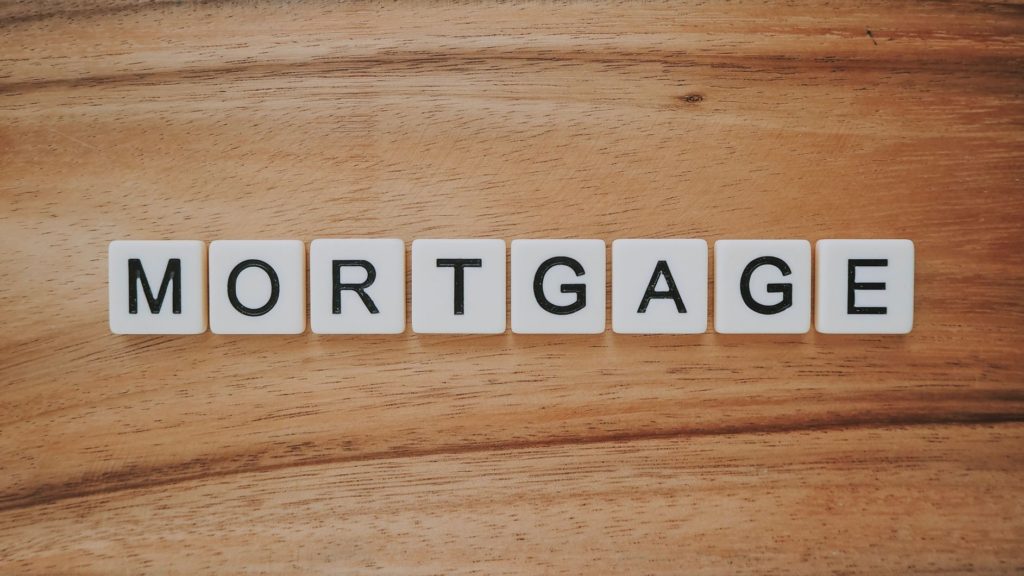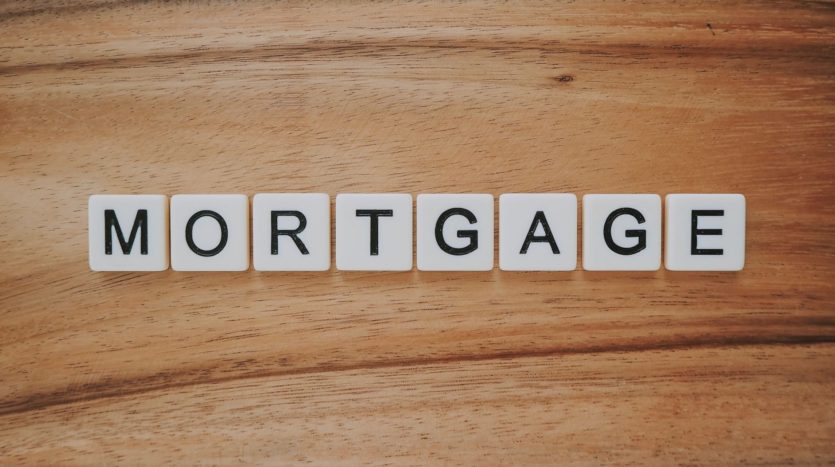This post comes courtesy of one of our readers. If you’re in need of some serious money, consider Tara’s tips for landing a third mortgage.
How to Get Third Mortgage Loans from Lenders
There may be some unforeseen situation in your life when you need more money, and you just don’t have it. Various types of loans from banks, financial institutions, or private lenders can help. As seen on https://www.geoffleemortgage.com/mortgage-services/third-mortgage-lenders/, taking a mortgage is a fairly easy process, if you adhere to all steps and requirements.
As a real estate professional, you’re familiar with mortgages. Still, taking on this kind of financial burden should not be a quick decision. A mortgage will be with you for many years to come. It is a significant financial commitment.
But, if you make a reasonable budget and evaluate your financial prospects for the next period, you can take on a loan responsibly. You can have a variable rate mortgage where the rate varies with the market. And you may be able to have the monthly installments adjust to your income.
When One Mortgage Is Not Enough
However, sometimes a single loan is not enough to solve your financial situation. Homeowners routinely opt for an additional mortgage. Sometimes they even apply for the third loan of this type.
The requirements for a second mortgage are a little more complicated. To get this loan, you have to be regular in paying off the initial debt. That increases the equity in your property, which serves as the basis for calculating this new loan. Generally, someone who already has two mortgages will probably qualify for a third.
The third mortgage is something like a brand new debt. The basis for calculating this loan amount is the total value of the object(s) you plan to re-pledge. This loan is never in the amount of the entire value of your property (up to 80% mostly).

Why Lenders Can Reject Your Application
Not all lenders are willing to approve your application for additional borrowing, especially if the first two loans weren’t granted by their firm. As you know, if a borrower is sent to collections, lenders are typically prioritized by their loan originations, with the first loan taking priority over later loans. Lenders of second and third mortgages are aware that they may not end up receiving payment if the borrower defaults on all loans and there isn’t enough collateral to cover the repayment to all lenders.
Keep in mind that any delay in repayment carries considerable risk. Your credit rating will decrease, of course. But the bigger problem is the possible seizure of the collateral due to unpaid obligations.
On the source below, find out how to keep the good credit rating:
https://www.thebalance.com/maintain-good-credit-score-960513.
How to Qualify for Third Mortgage
Each lender has specific rules regarding multiple loans on already-encumbered property. In principle, no matter how much you are still indebted, you must have a clean credit history and permanent employment.
To qualify for a third mortgage, make sure you have paid installments for prior debts on time, that you have a stable monthly income, and that you own the collateral property and pay taxes on time.






